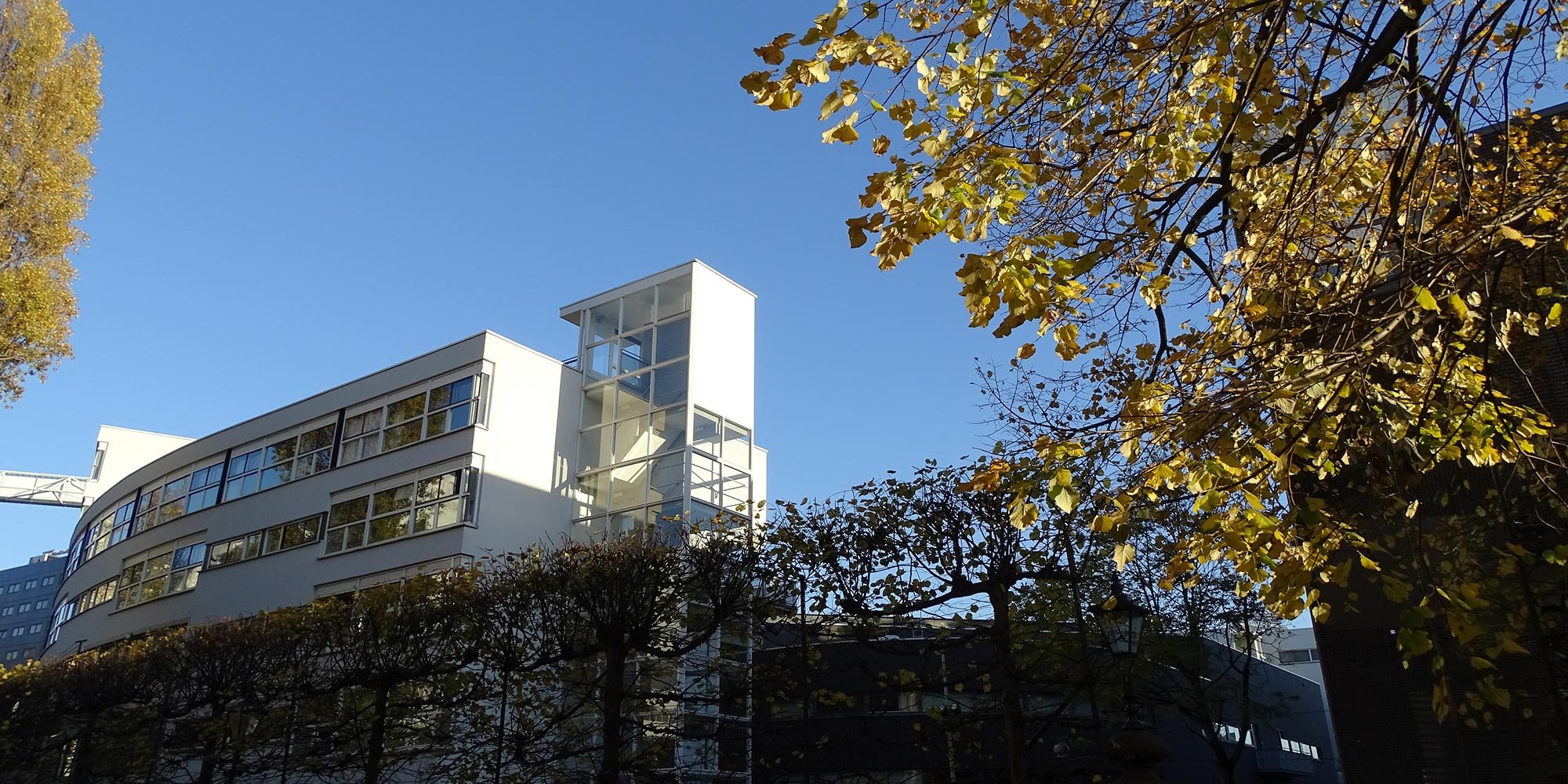Maintenance calculation for internationals part 4: allowances & high costs
The third blog within the series on maintenance calculation for internationals listed the allowances which internationals usually receive. Against most allowances, there are high costs associated with the existence of an international. How are these taken into account?
Extra costs for internationals
When they are recalled to their own country, in the case of dismissal or when unfit for work, internationals lose their international status, resulting in a significant reduction in income. Their pension is usually less than half the income they were used to and in addition, their pension is no longer exempt from local taxes. The necessity to save in order to cushion a large income reduction is therefore greater than average for internationals. Also, they incur extra costs to maintain their contacts with family and friends. Is this taken into account?
The influence of allowances on financial capacity
The allowances and extra costs of internationals are like communicating vessels. On the one hand, they receive a higher income due to the allowances, but on the other hand they also have more costs.
Case law shows a varied picture. The starting point appears to be that allowances for the stay abroad are always added to the income of the maintenance payer. This is, unless it relates to an allowance for hardship (hazard payment). On the costs side, the extra costs for internationals are not always taken into account. It remains difficult to highlight these extra costs properly. Courts are not easily swayed to take these costs into account.
Bonuses
Allowances are primarily paid to internationals working for international organisations such as ICC, OPCW, and ESTEC. Maintenance payers working for international companies such as Shell are in addition to allowances often entitled to a bonus. The legal system also deals with this in a varied manner, although the trend still appears to be that the calculation is based on an average bonus of the last three years. It is the responsibility of the maintenance payer to show that receiving such bonuses in the future is not in line with expectations.
Indexation and exchange rates
If the maintenance payer lives abroad, his/her income must be converted from a foreign currency to the euro. In addition, it is often the case that the standard of living in the country where the foreign maintenance payer resides differs from the standard of living in the Netherlands. There are different ways of taking this into account. One way is to calculate with higher expenses than the expenses included in the ‘Maintenance standards’, the standards on the basis of which maintenance is usually determined. Another option is to adjust the income of the maintenance payer with an indexation figure. In practice, different indexes are used for this purpose.
In short
To establish how much maintenance an international is able to pay is not always straightforward. It requires tailored work.
If you need help calculating your maintenance or you’d like to discuss your options as an international facing divorce, please do not hesitate to contact us; our experts in expat family law are here to help you.


